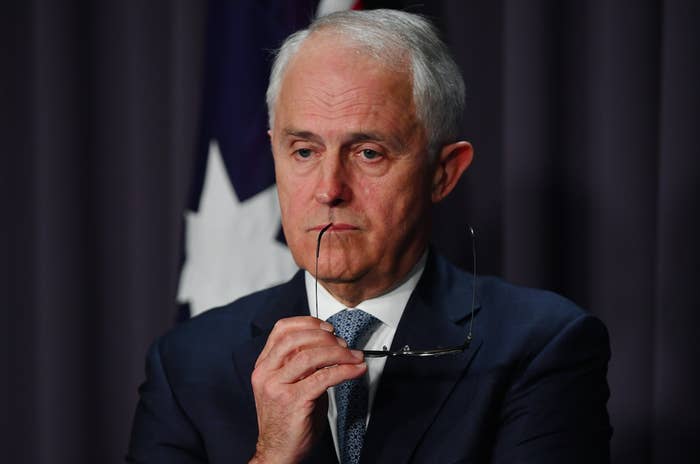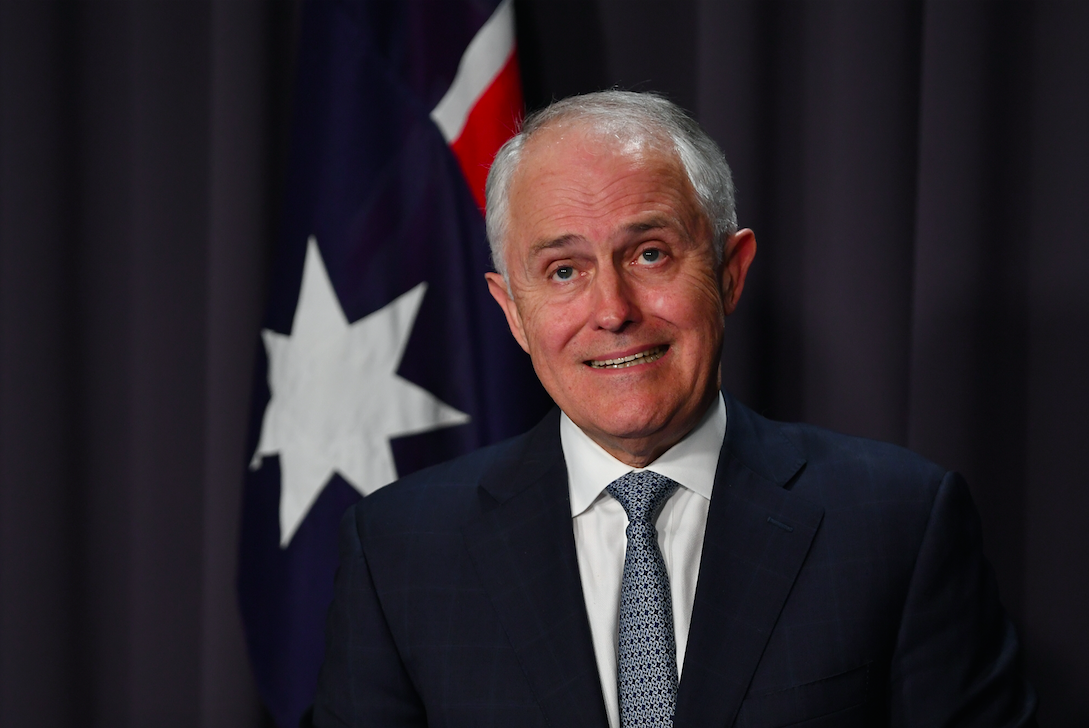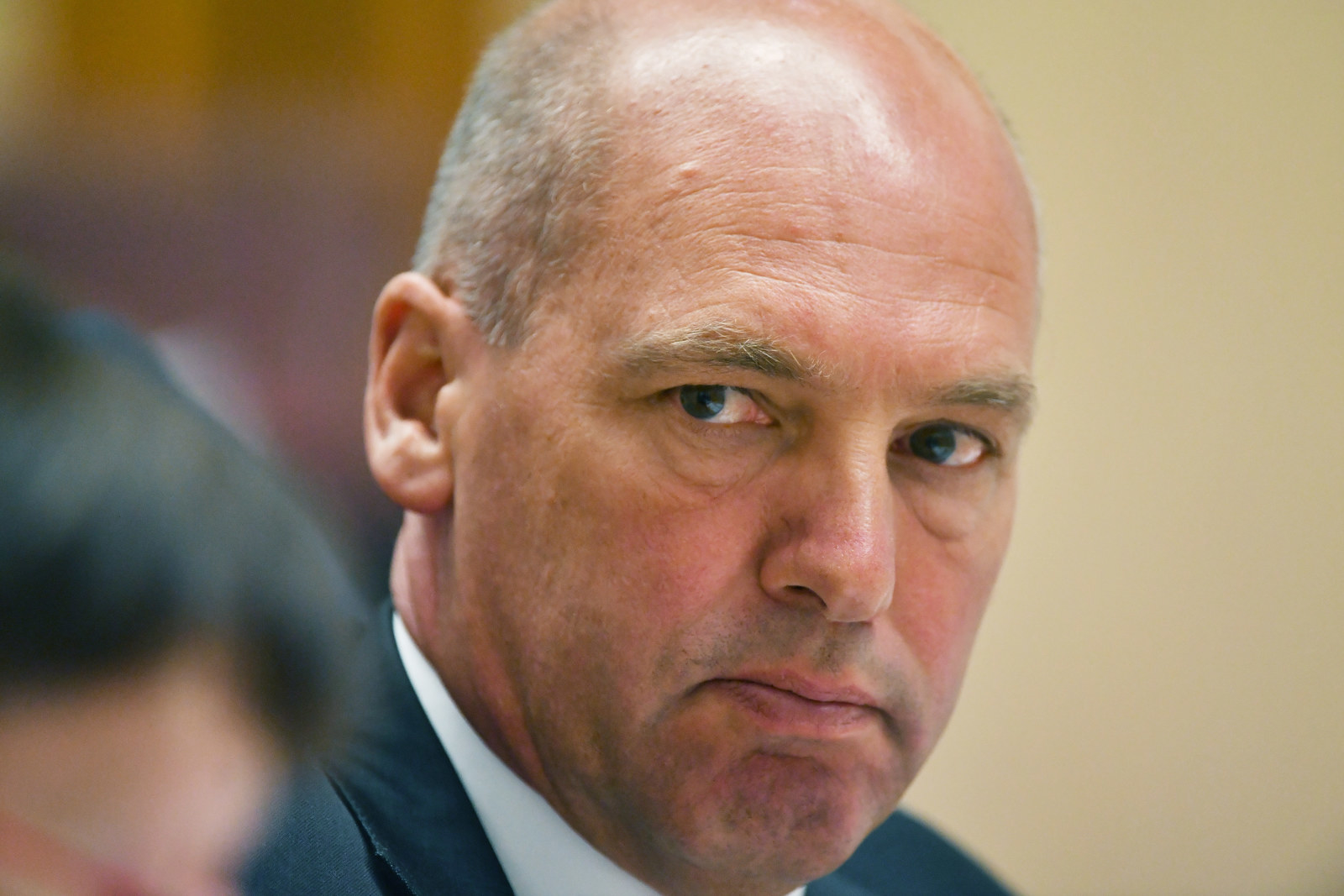All members of the Australian parliament will have to provide a series of statements declaring they are not dual citizens, in a bid to resolve the ongoing citizenship crisis in federal politics.

In a move prime minister Malcolm Turnbull insists is not an audit, all politicians sitting in the House of Representatives and the Senate will be required to declare they are eligible to sit in parliament.
The declarations will be uploaded to the Register of Member's Interests disclosure log and will include:
a) a declaration that at the time the member nominated for election he or she was not, to the best of his or her knowledge and belief, a citizen of any country other than Australia;
b) a declaration that the member, to the best of his or her knowledge and belief, is not a citizen of any other country apart from Australia;
c) the place and date of birth of the member, and the citizenship they held at the time of birth;
d) the place and date of the member's parents, and the citizenship their parents held at the time of their birth;
e) a declaration stating if the member has ever been a citizen of another country and if so, which country or countries and;
f) if the member answers yes to e), then provide details and evidence of the time and manner in which in the member's citizenship of the other country was renounced or came to an end.
If any politicians discover they are ineligible to sit in parliament, they can chose to resign and trigger either a by-election in the lower house or a recount in the Senate, or they can refer themselves to the High Court.

Cabinet signed off the requirement on Monday afternoon, and once parliament approves the process politicians will have 21 days to produce their declarations.
Turnbull hopes the Senate will pass the measures next week.
"Clearly we do not want any more people being found to be ineligible," Turnbull told a press conference on Monday afternoon.
"Members and senators have been put squarely on notice now and so they will be turning their mind to their own affairs and the issues of foreign citizenship.
"The question is: Are they still a citizen of that country? Have they renounced that citizenship? Did they do it effectively or at the right time?" he said.
The prime minister said this was a necessary and important step to address the "legitimate concern" that there is not enough transparency about politicians' citizenship status.
"This is what this will do, ensure that the members, all the senators ... their personal obligation is brought squarely to the front of their mind and that they make these disclosures," he said.
Turnbull said any politician with citizenship concerns should speak up, but doesn't believe there are any issues with Liberal politicians.
"The obligation is on each member and each senator to make a full disclosure," he said.
Any politician who makes a false statement on their citizenship would be guilty of a "serious breach of privilege", but it is unclear what the penalty would be.
The prime minister said he will be speaking to opposition leader Bill Shorten later this week, and hopes to get approval for the process from Labor and the cross bench.

Senate president Stephen Parry became the sixth Australian politician to lose his job last week in the ongoing citizenship saga, after he confirmed that he held British citizenship by descent.
Deputy prime minister Barnaby Joyce, Nationals senator Fiona Nash, former Greens senators Scott Ludlam and Larissa Waters, and One Nation senator Malcolm Roberts, were all found to be ineligible to sit in parliament by the High Court last month, as they held dual citizenship at the time of their election.
Turnbull says he hasn't ruled out further changes to the eligibility process. Any change to the Australian Constitution will need to go to a referendum, with a majority of people in a majority of states required to approve any change.
"For example, we have to consider whether people who nominate for parliament should not be obliged to provide information like this as part of the nomination process, even, if only, to make sure they turn their minds to it," he said.
